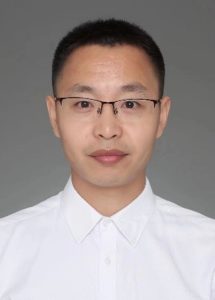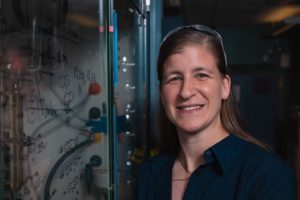Read Maciek’s Emerging Investigator article, Strands vs. crosslinks: topology-dependent degradation and regelation of polyacrylate networks synthesised by RAFT polymerisation, DOI D3PY01008B.
Check out of interview with Maciek below:
How do you feel about Polymer Chemistry as a place to publish research on this topic?
I think it’s perfect. Polymer Chemistry is a go-to journal for any quality polymer research. This work felt particularly suitable as some of the Editors are pioneers in the field which guaranteed a thorough reviewing process.
What aspect of your work are you most excited about at the moment and what do you find most challenging about your research?
When I started my independent research, our group focused mostly on crosslinked polymer systems, i.e., gels and networks which I didn’t have much previous experience with. I am still fascinated by the very fundamental aspects of these materials such as the mechanism of crosslinking in various polymerisation techniques or network topology.
In your opinion, what are the most important questions to be asked/answered in this field of research?
I think for degradable/recyclable polymers it is finding a compromise between degradability and stability necessary for successful translation of these materials into applications. In case of polymer networks more generally, there is still a lot we don’t know about their complex internal structure and how exactly it affects their physical properties.
Can you share one piece of career-related advice or wisdom with other early career scientists?
Embrace teaching! It can be a great source of inspiration as well as a refreshing break from your research.














